Palliative surgery
Palliative surgery is a surgical operation that is performed on patients in order to alleviate symptoms, improve quality of life and eliminate complications caused by the disease. The intervention is performed on cancer patients at late stages, when it is no longer possible to completely remove the tumor and metastases.

specialists

equipment

treatment
Types of palliative surgeries
Operations to ensure the patency of the digestive system
Digestive cancer provokes intensive tumor growth, blocking the lumen in the stomach, various parts of the intestine and esophagus. This leads to obstruction of food or feces, and can cause obstructive processes inside the abdominal cavity.
Palliative surgery involves the imposition of bypass anastomoses, colostomies, bringing a section of the intestine to the external abdominal wall and installing colostomy bags. This eliminates obstruction, ensures the removal of feces, and alleviates the patient's condition.
Palliative surgery for urinary tract obstruction
As the tumor grows, the lumen of urine outflow from the kidneys, bladder or ureters is often blocked. To facilitate the process and prevent renal failure, the following is performed:
- Installation of a nephrostomy with a puncture of the posterior abdominal wall and drainage
- Ureteral stenting to preserve the lumen between the kidney and the urinary tract
- Installation of an artificial urinary collector (after removal of the bladder), urine diversion using a urostomy or ureterocutaneostomy
The doctor selects techniques that help preserve the patient's organs and ensure minimal intervention.
Operations to stop bleeding
Ensuring breathing
Palliative surgeries to normalize bile drainage
Accumulation of fluid in body cavities
Hydrothorax
Methods of palliative surgery
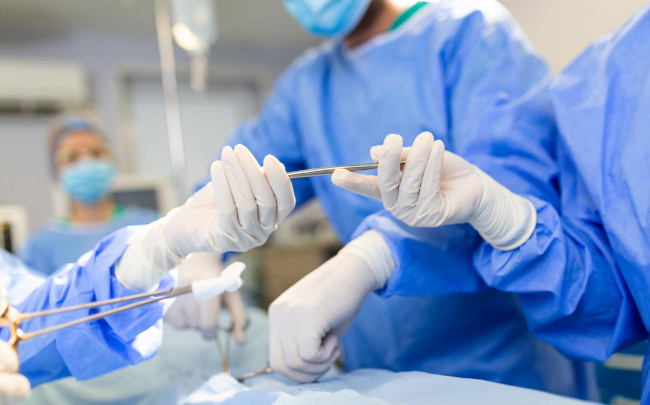
Surgical intervention in terminal stages of oncology involves:
- Palliative surgeries - installation of stents, stomas, anastomoses, pulmonary filters, venous port systems to eliminate or prevent complications caused by an increasing tumor
- Palliative resection - partial removal of a tumor or metastases
In terminal stages, patients often undergo both types of palliative surgery.
Post-surgical care
Oncology patients require 24-hour care and monitoring after surgery. At the K+31 clinic, doctors and nurses provide medical, psychological and social care to people with incurable diseases. After palliative surgery and chemotherapy, medical staff provides 24-hour care and attention to the patient. They are aimed at improving the condition and include: hygiene procedures, dressings, pain relief, psychological and drug support.

Frequently asked questions
How is preparation for palliative surgery carried out?
Complications after palliative surgeries
Recovery and prognosis after palliative surgeries
Our doctors

This award is given to clinics with the highest ratings according to user ratings, a large number of requests from this site, and in the absence of critical violations.

This award is given to clinics with the highest ratings according to user ratings. It means that the place is known, loved, and definitely worth visiting.

The ProDoctors portal collected 500 thousand reviews, compiled a rating of doctors based on them and awarded the best. We are proud that our doctors are among those awarded.
Make an appointment at a convenient time on the nearest date
Other services









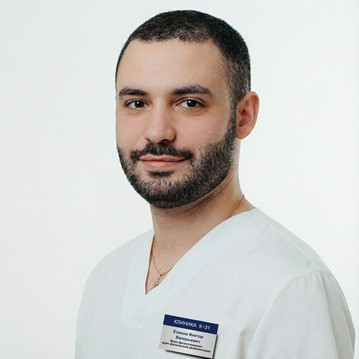








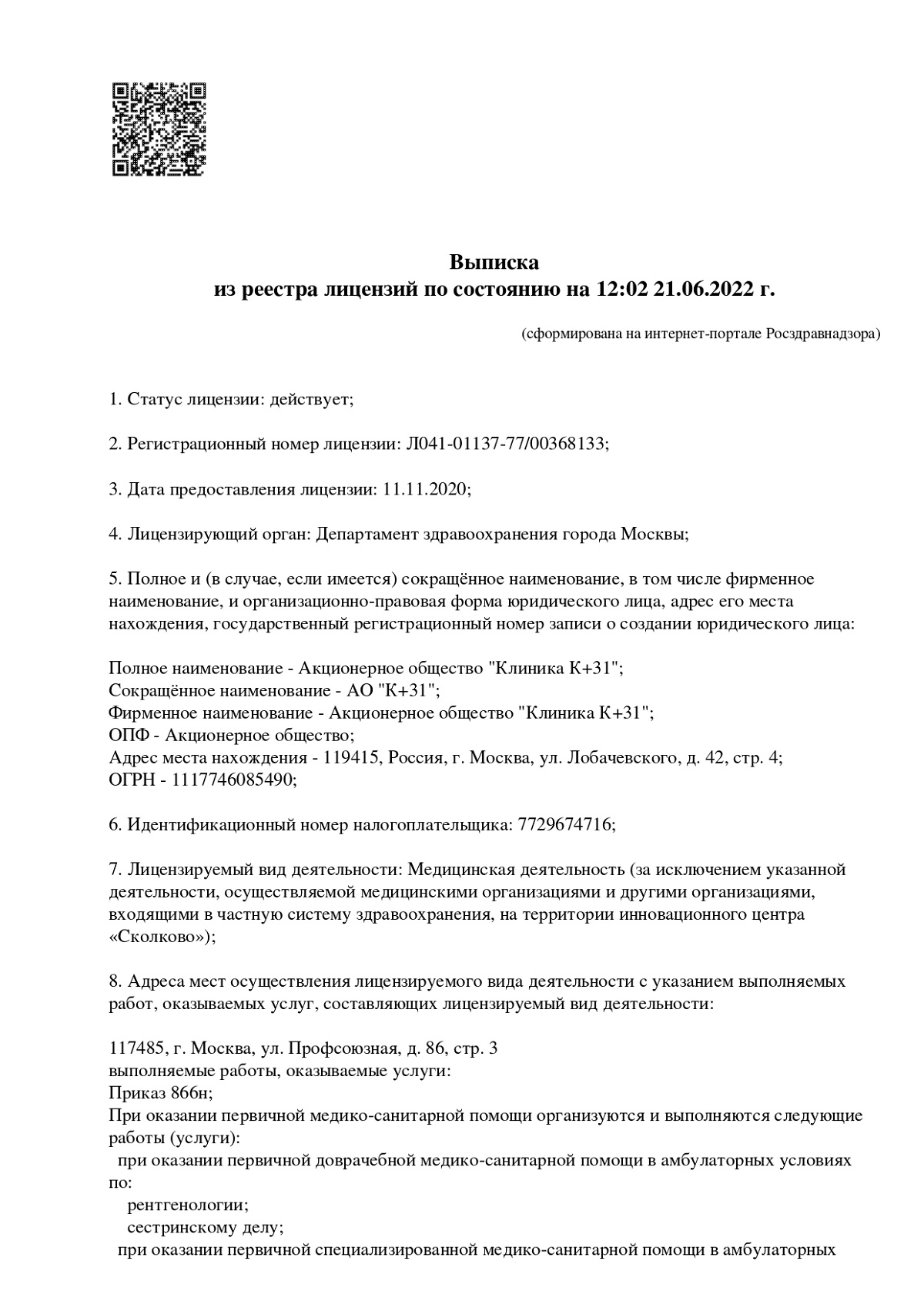
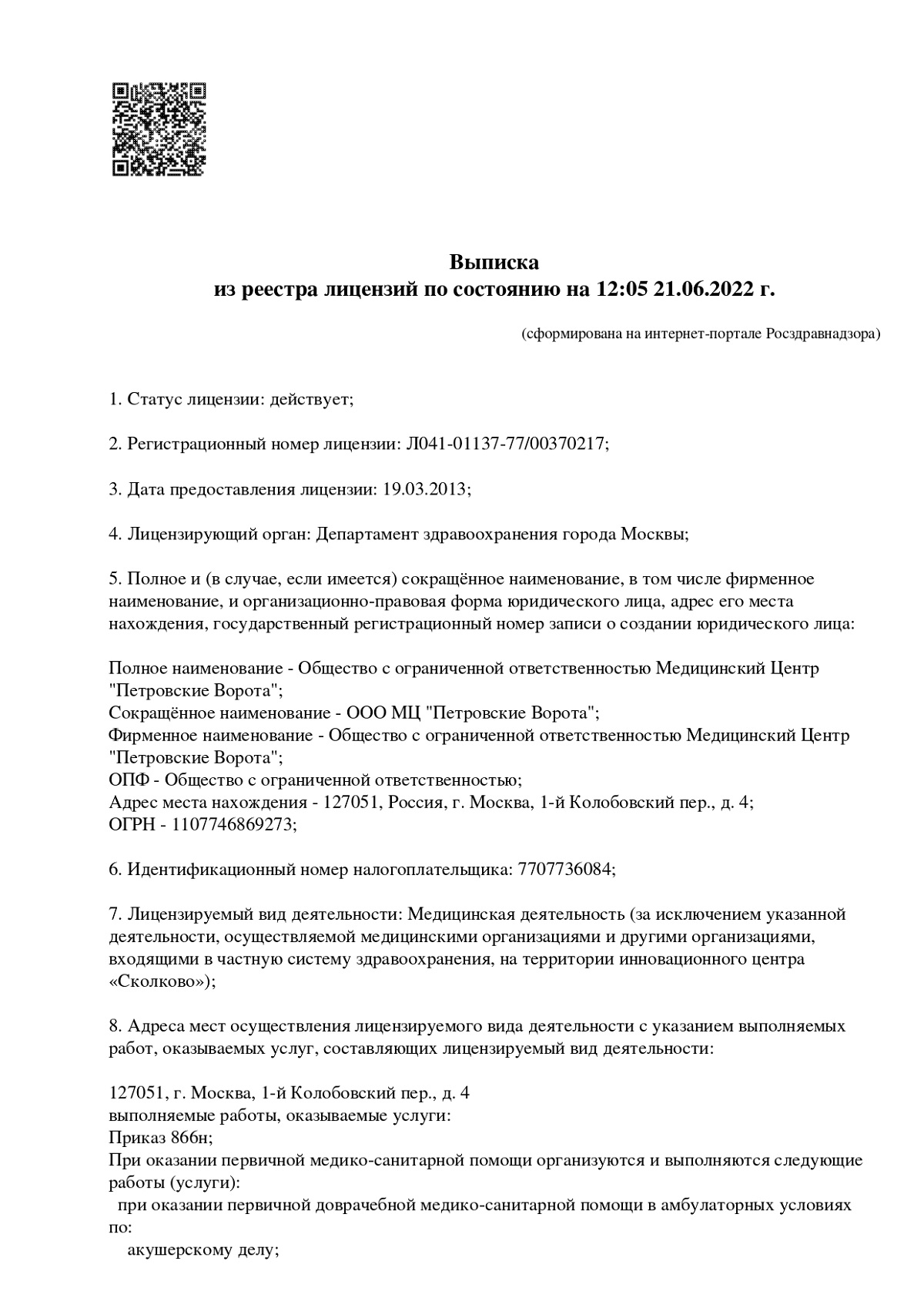
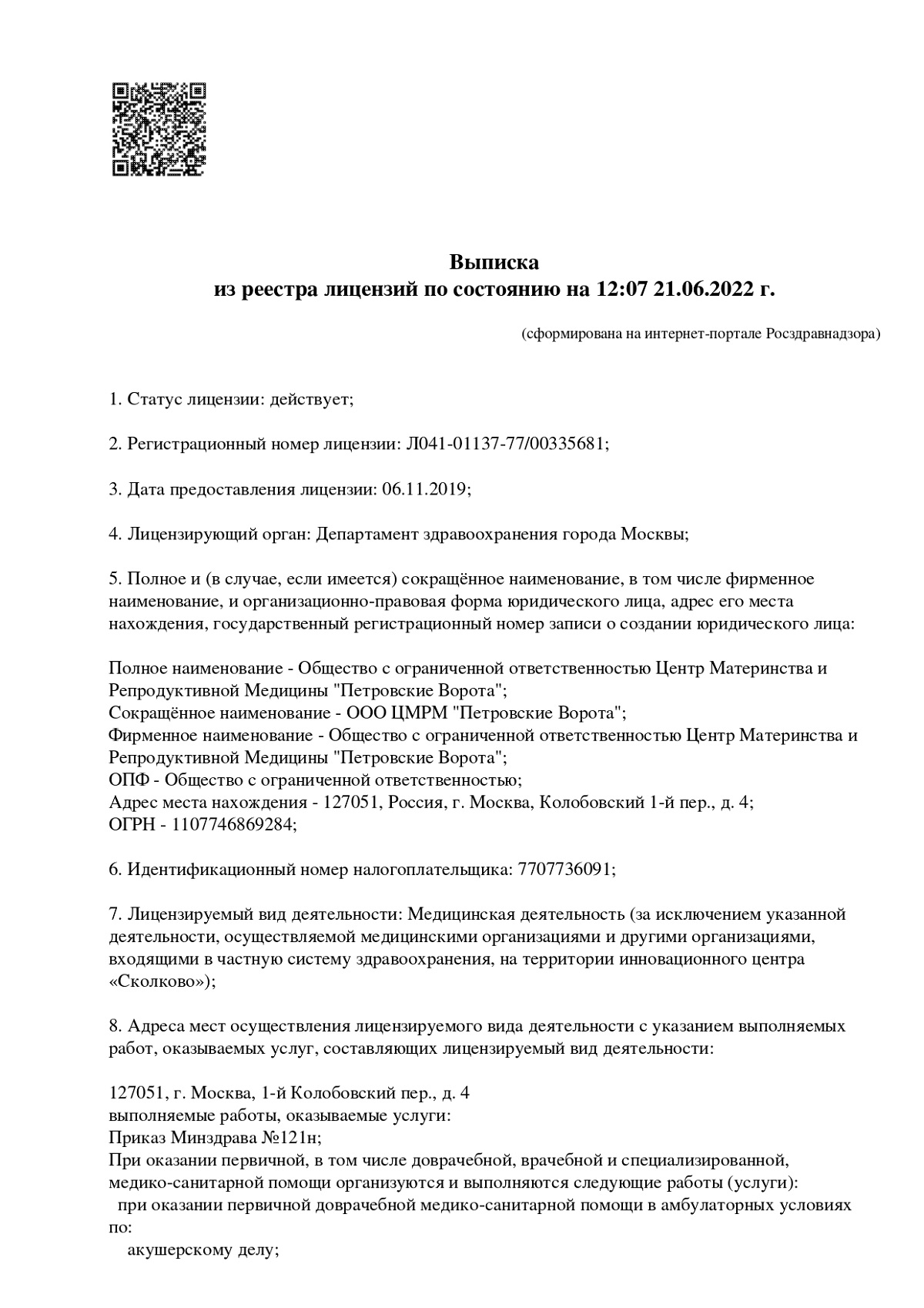
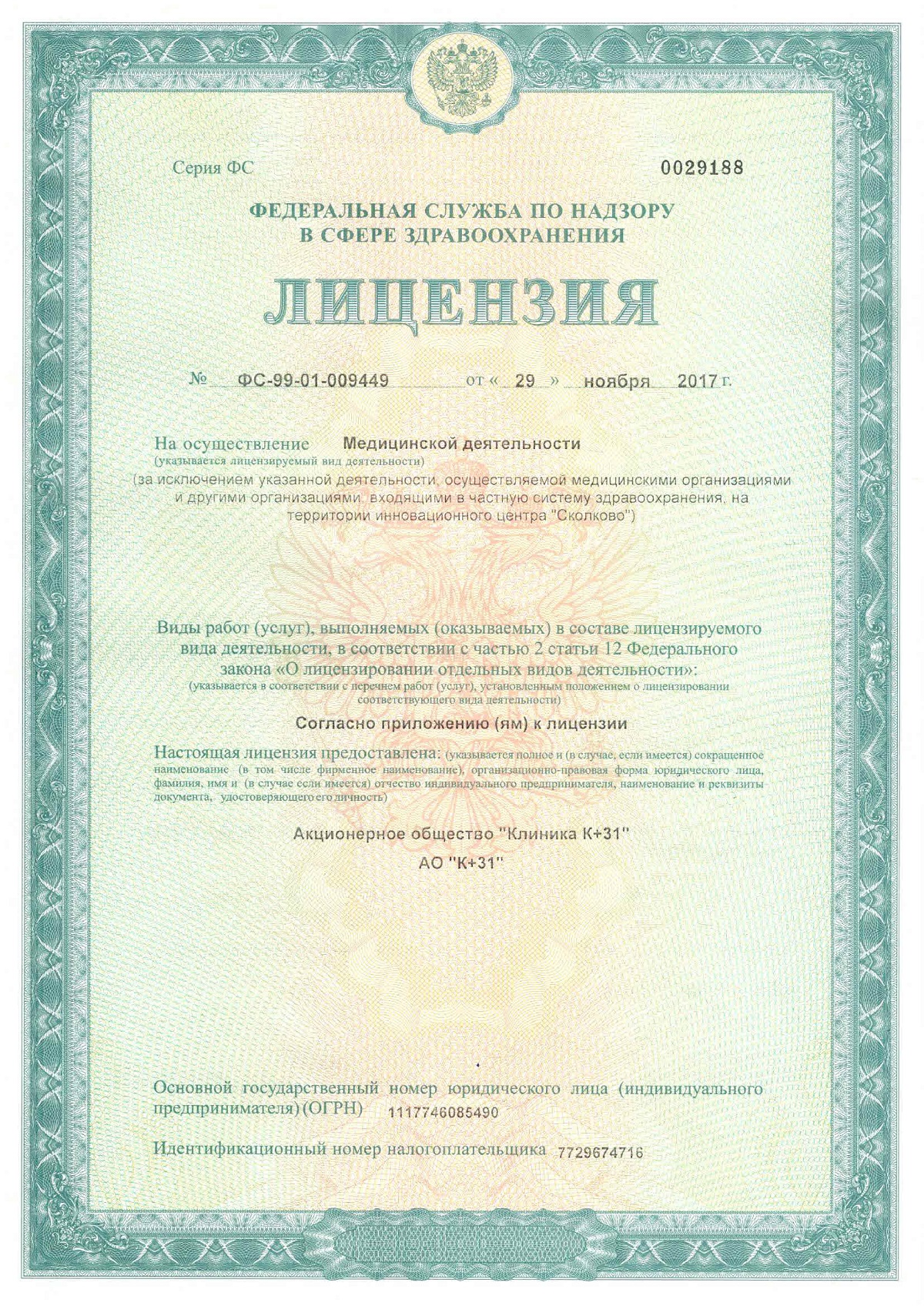
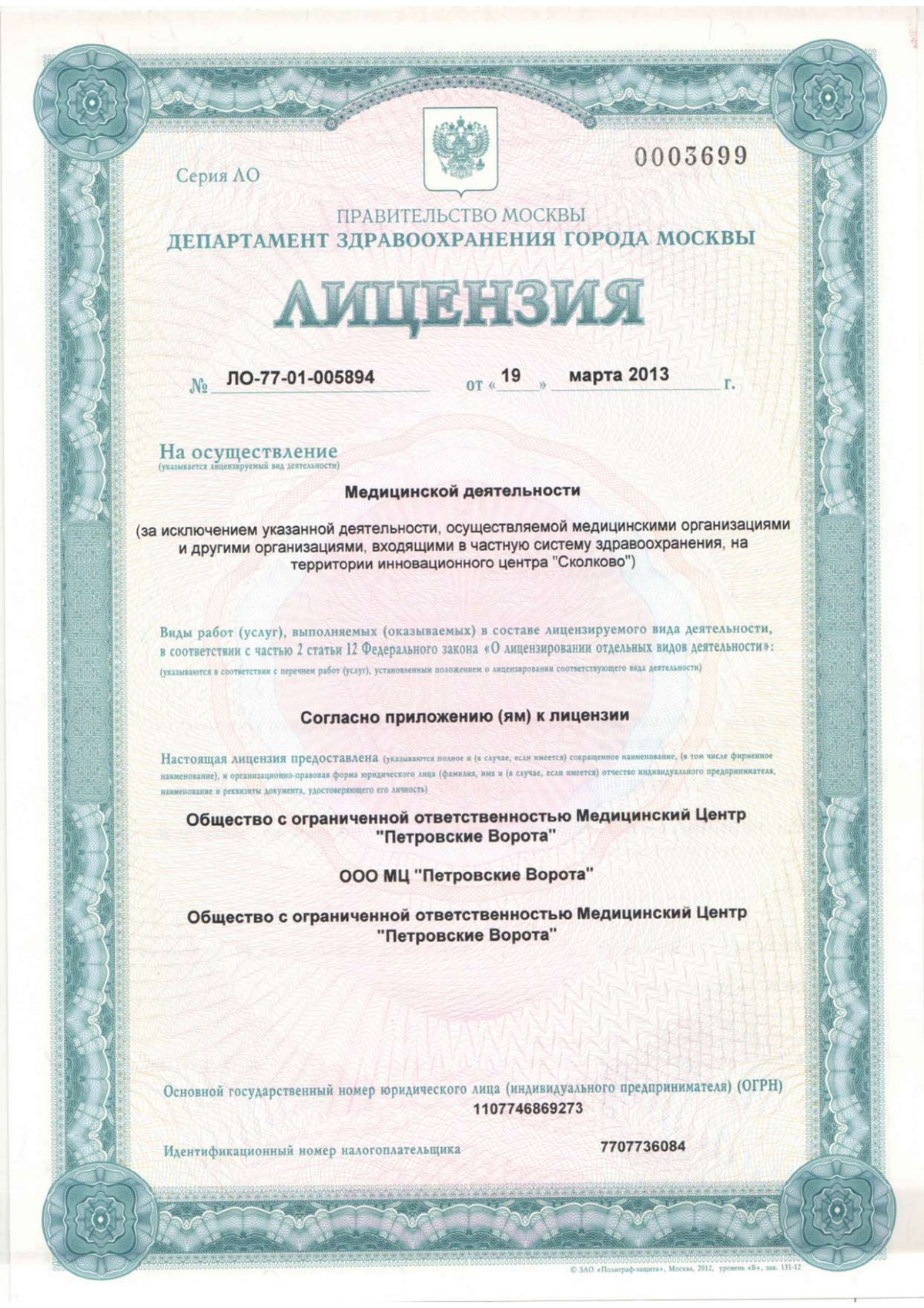

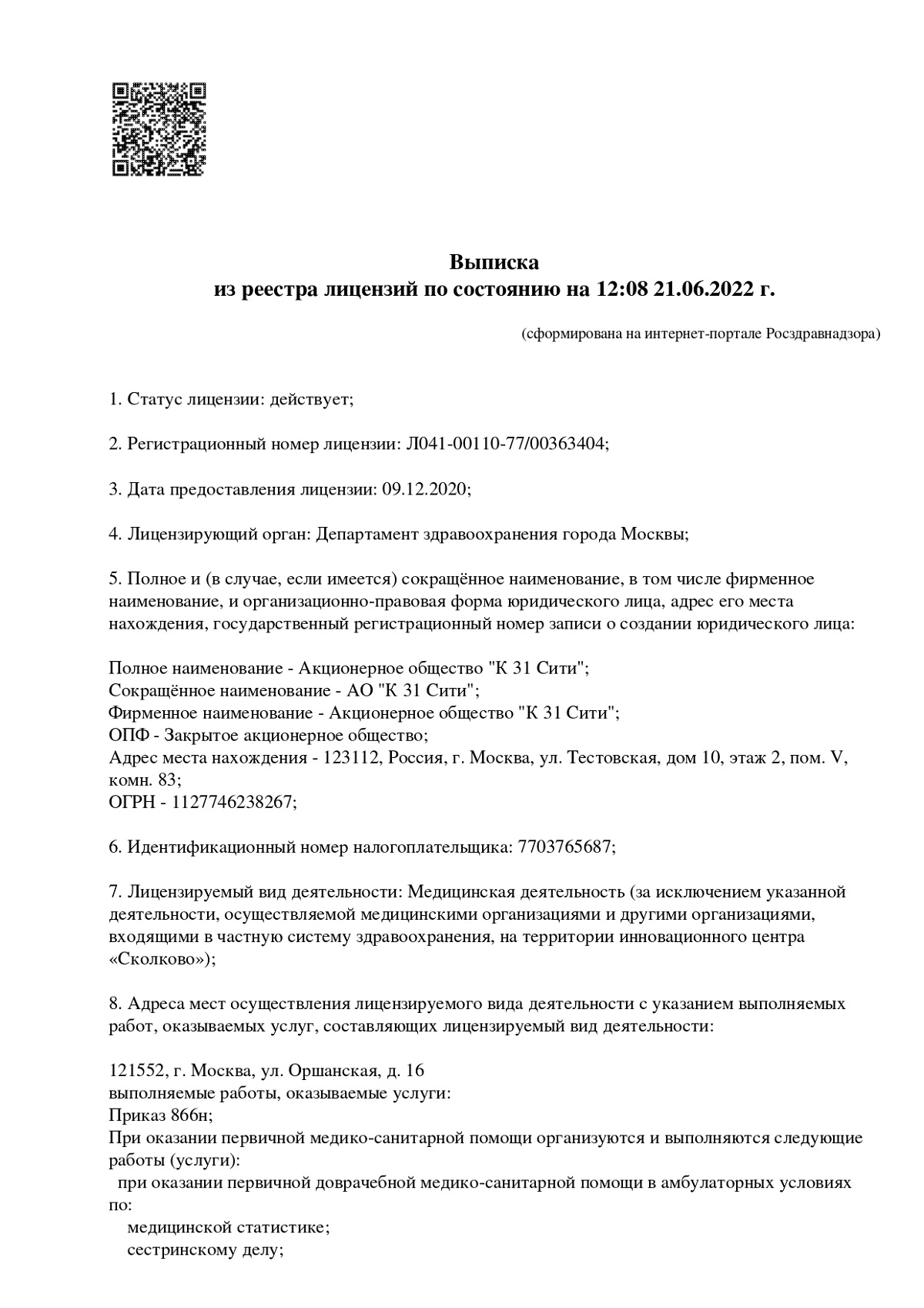
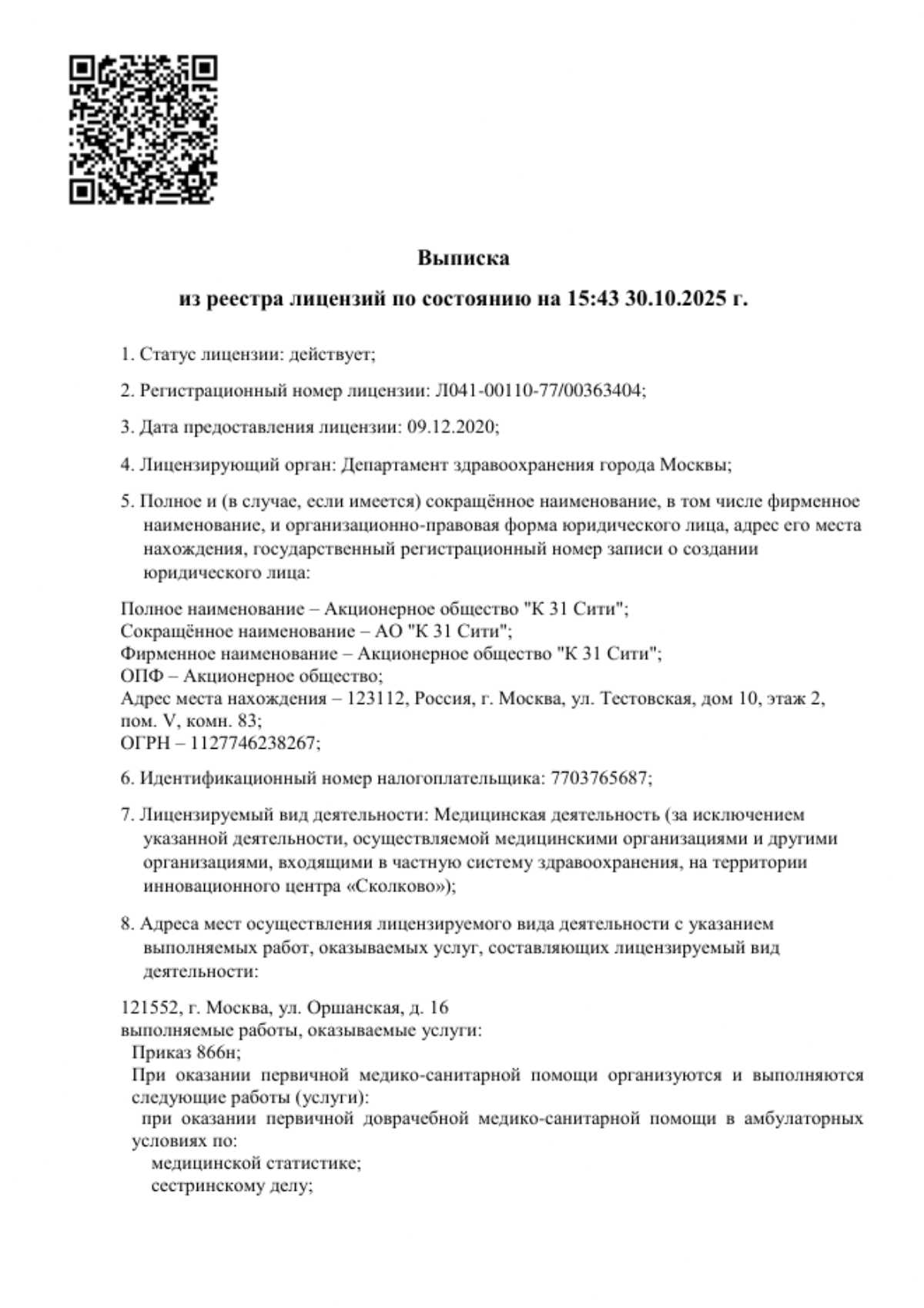
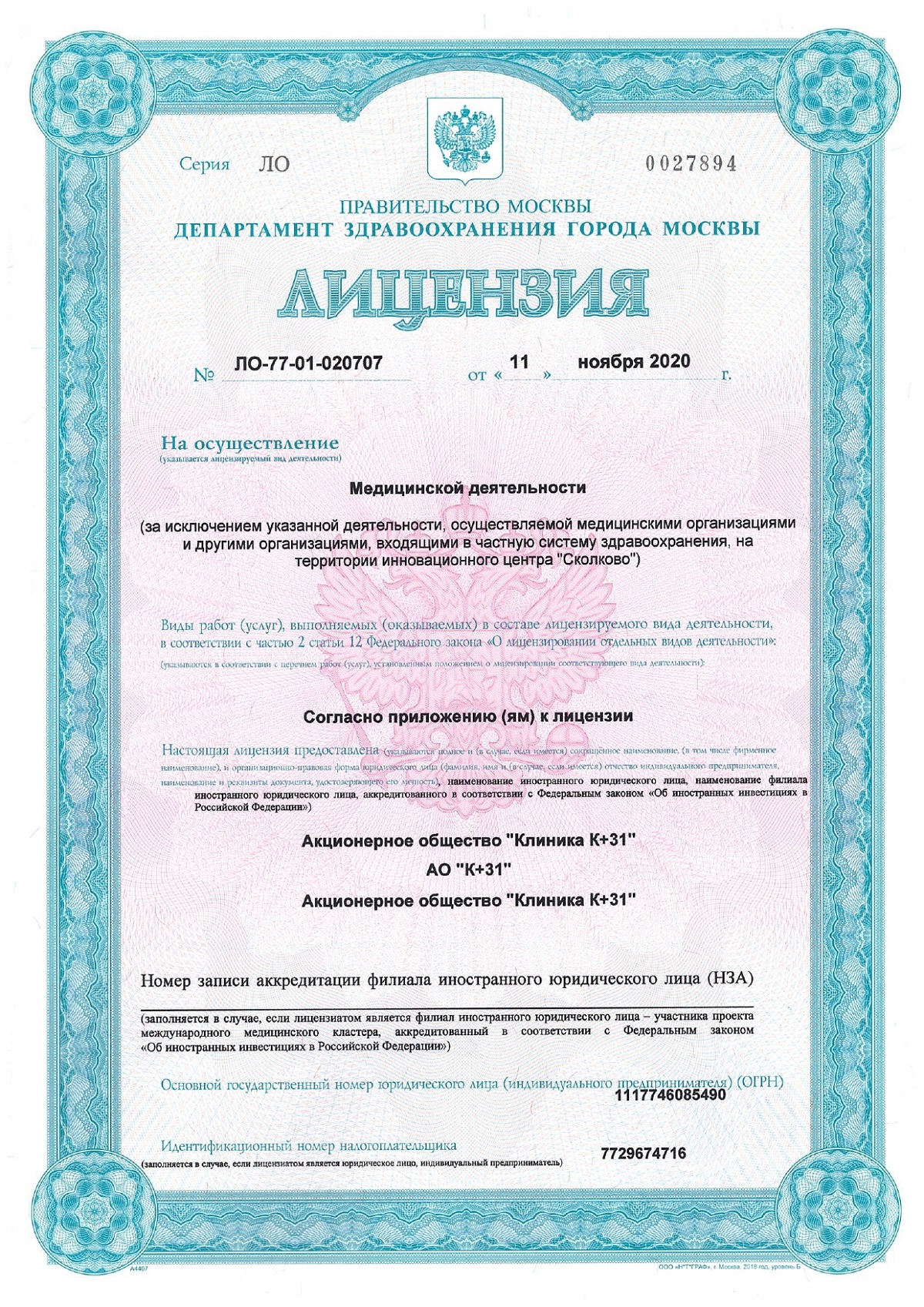
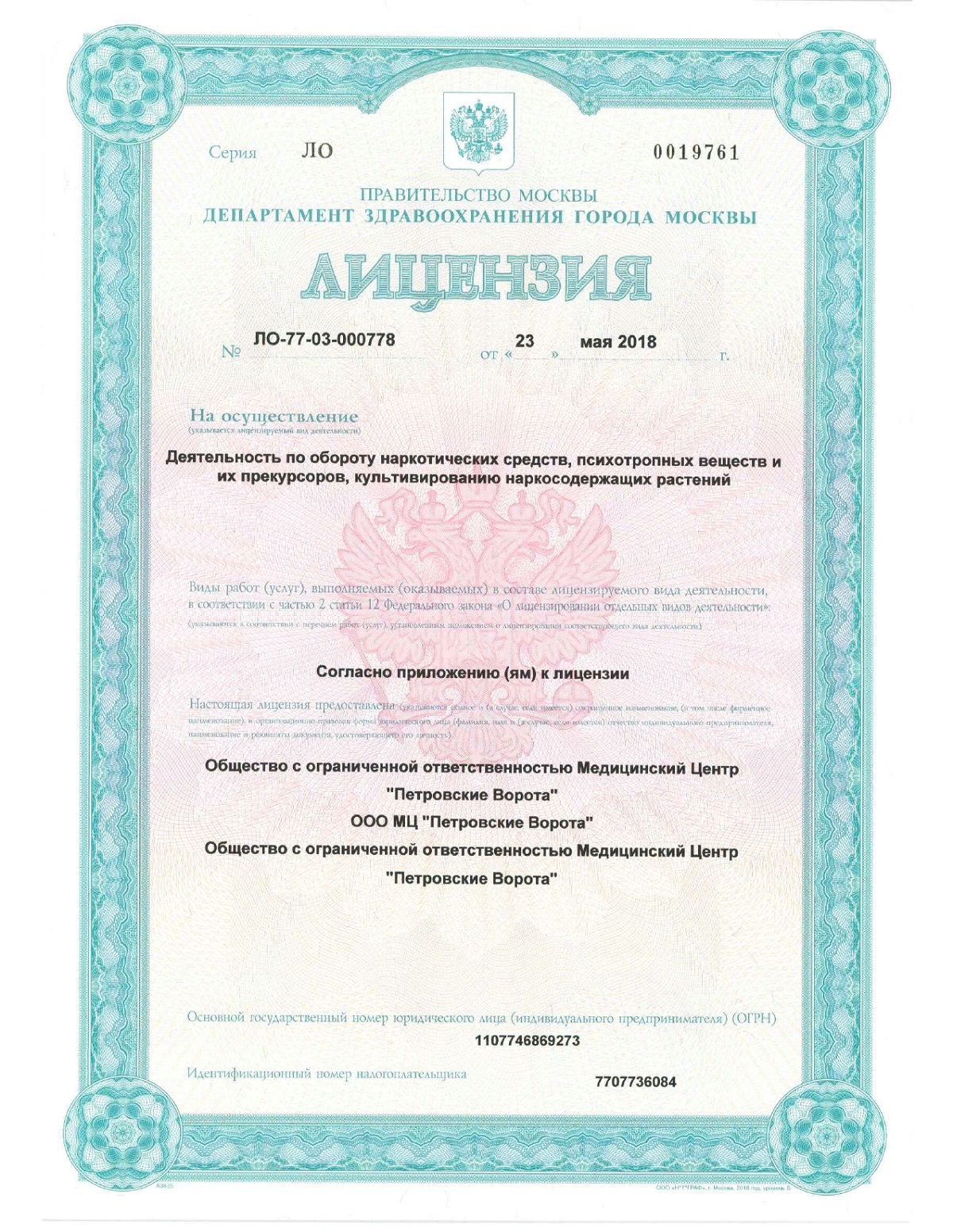
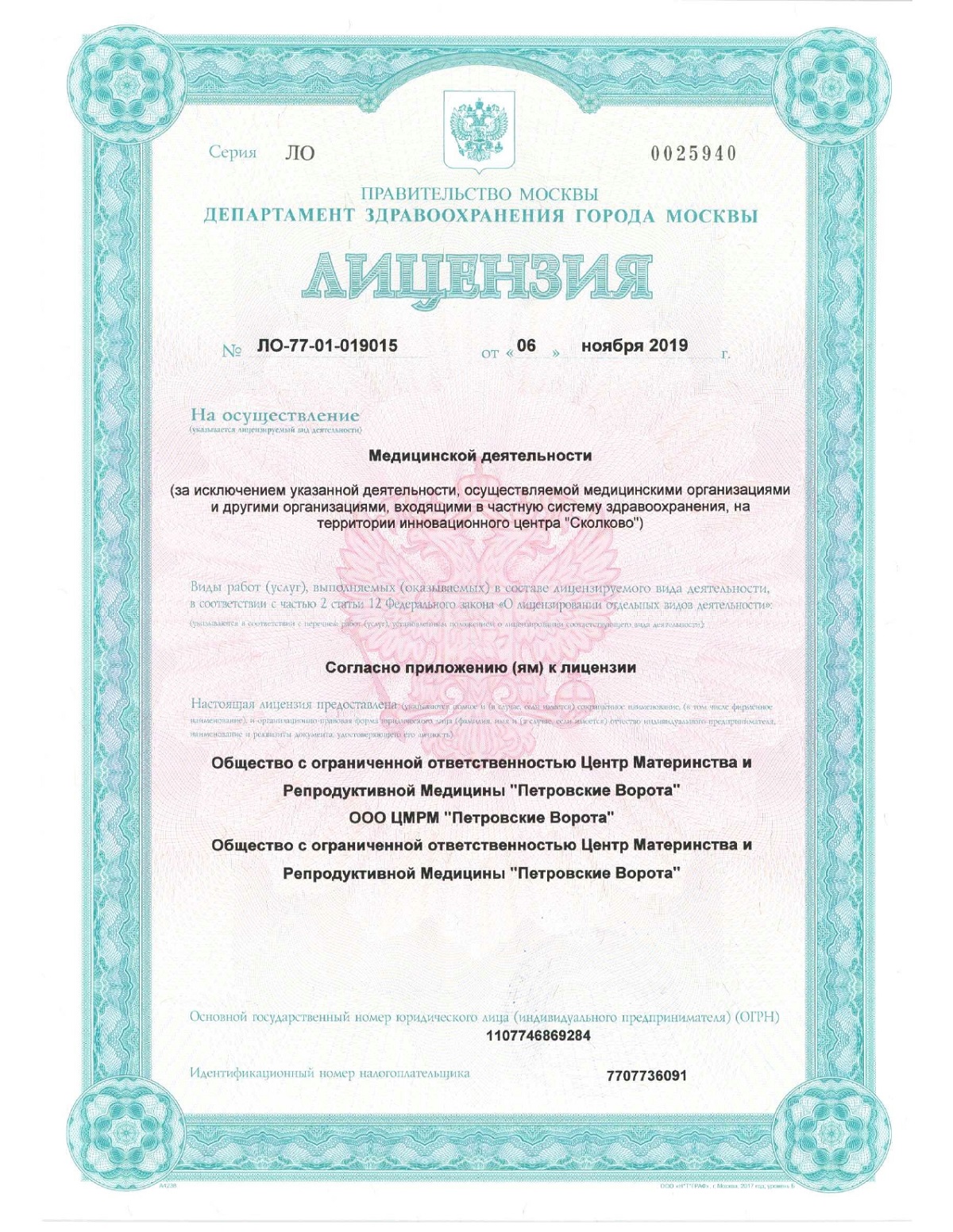
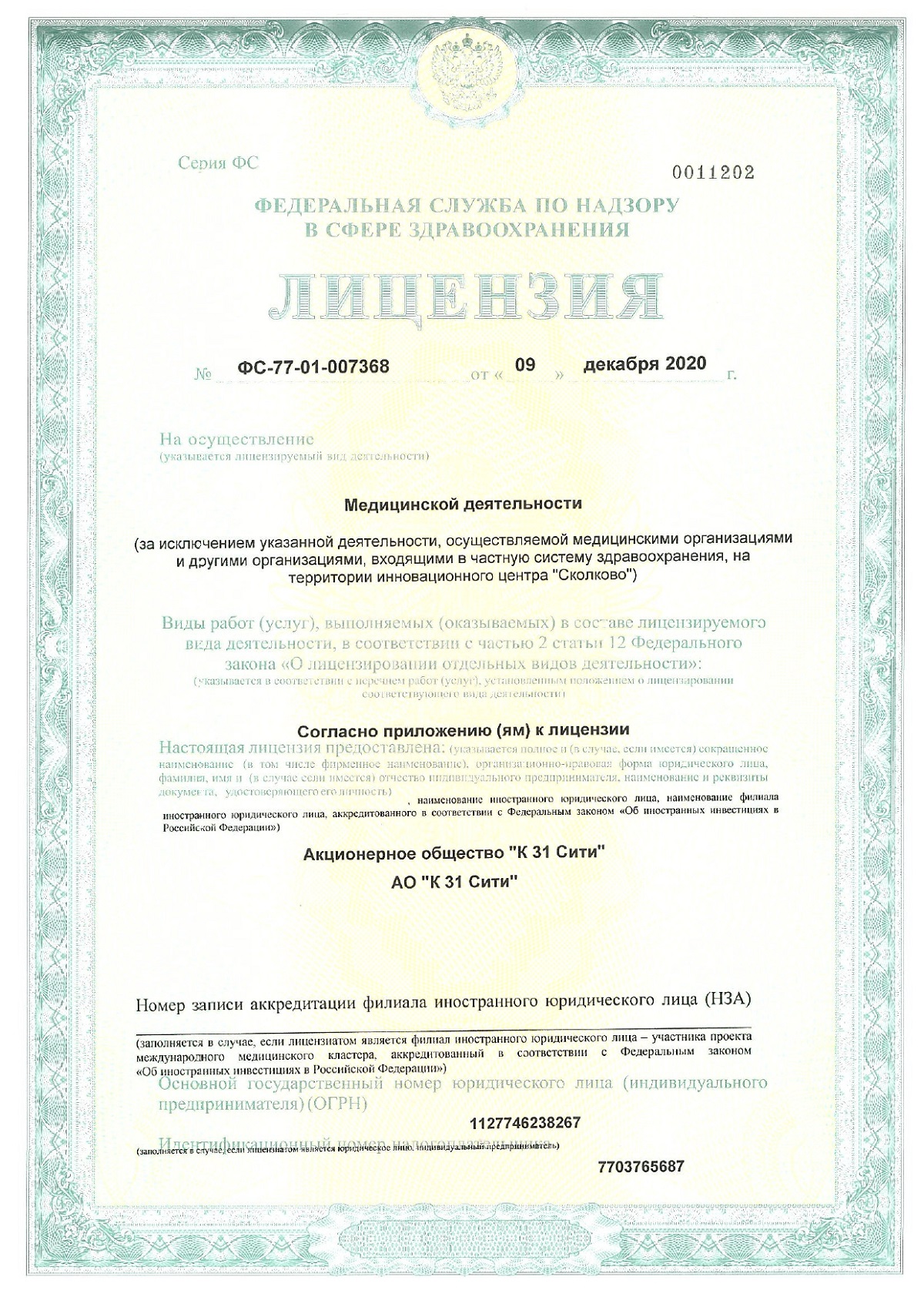



Indications for palliative surgery
Palliative surgery is not a radical treatment method, since the tumor and/or metastases are removed only partially.
Surgery also involves eliminating complications caused by cancer that interfere with the free flow of blood, bile through the vessels, breathing or digestion.
As a result of the intervention, it is possible to alleviate the condition and prolong the life of a person with a serious diagnosis.
Indications for palliative surgery:
The attending physician makes a decision on surgical intervention based on the clinical picture of a particular patient and issues a referral.
In some cases, surgery is the first stage of combination therapy.